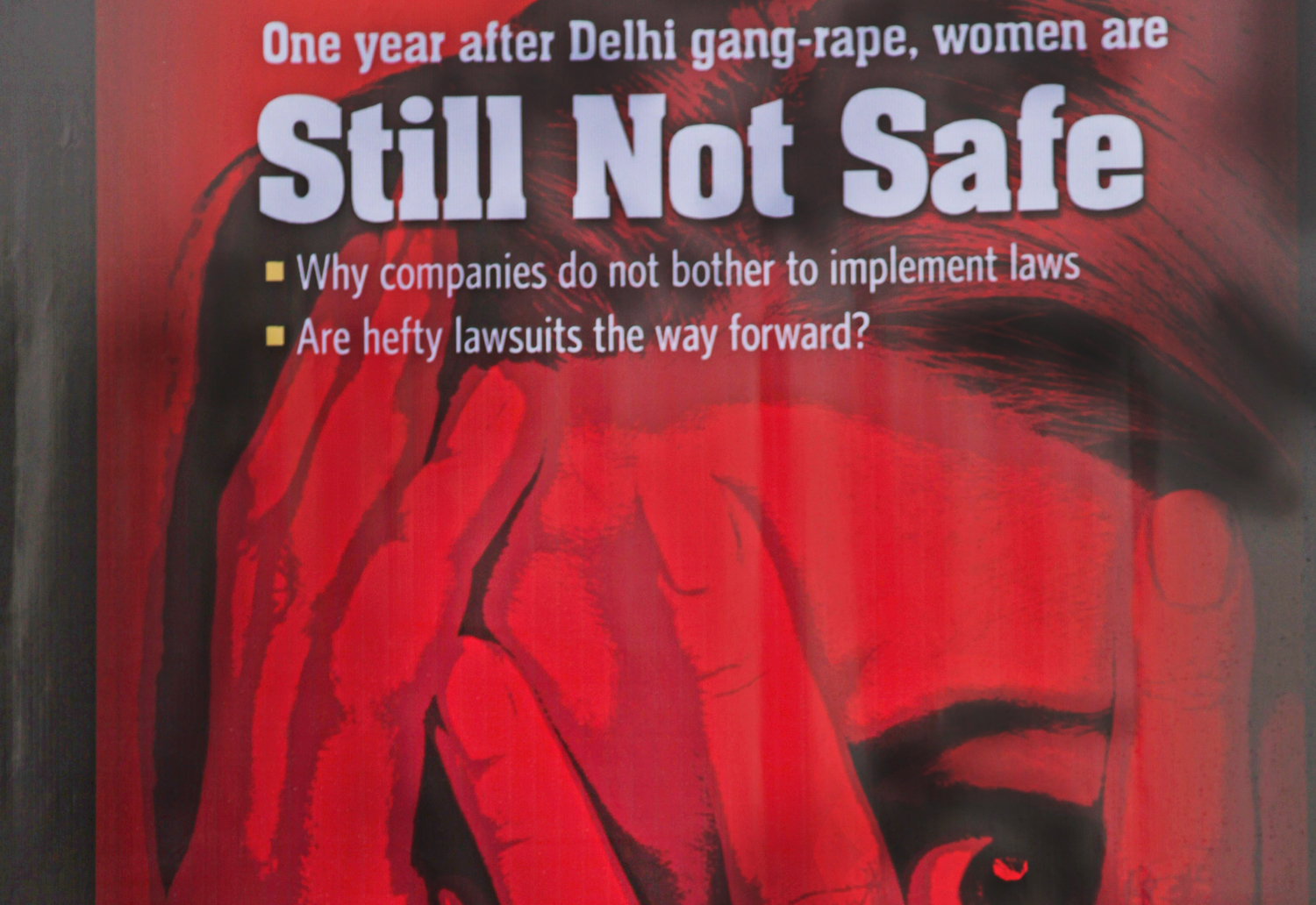
India’s Missing Women India’s Missing Women
Why does the belief that women are safest when secluded still hold sway in India?
Jun 18, 2014 / Books & the Arts / Gaiutra Bahadur
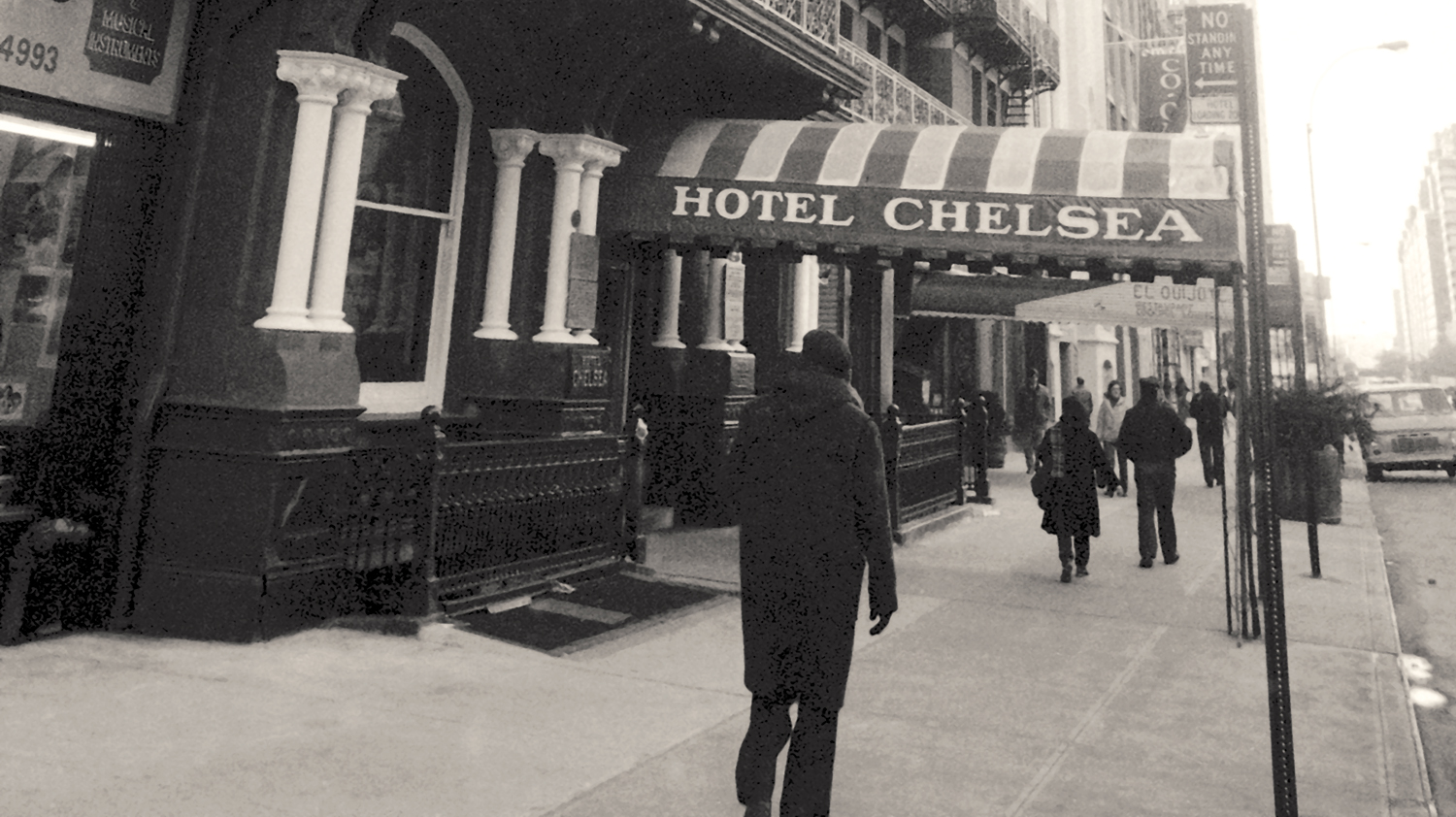
Chelsea Dreams Chelsea Dreams
Artists have become the shock troops of gentrification, even at the Chelsea Hotel.
Jun 18, 2014 / Books & the Arts / Richard Kreitner

Generations and Repetitions Generations and Repetitions
The story of country music is not love and happiness but love and work.
Jun 18, 2014 / Books & the Arts / Joshua Clover

No Escape No Escape
A new batch of teen films deliver their blows and soften them in a single gesture.
Jun 18, 2014 / Books & the Arts / Stuart Klawans
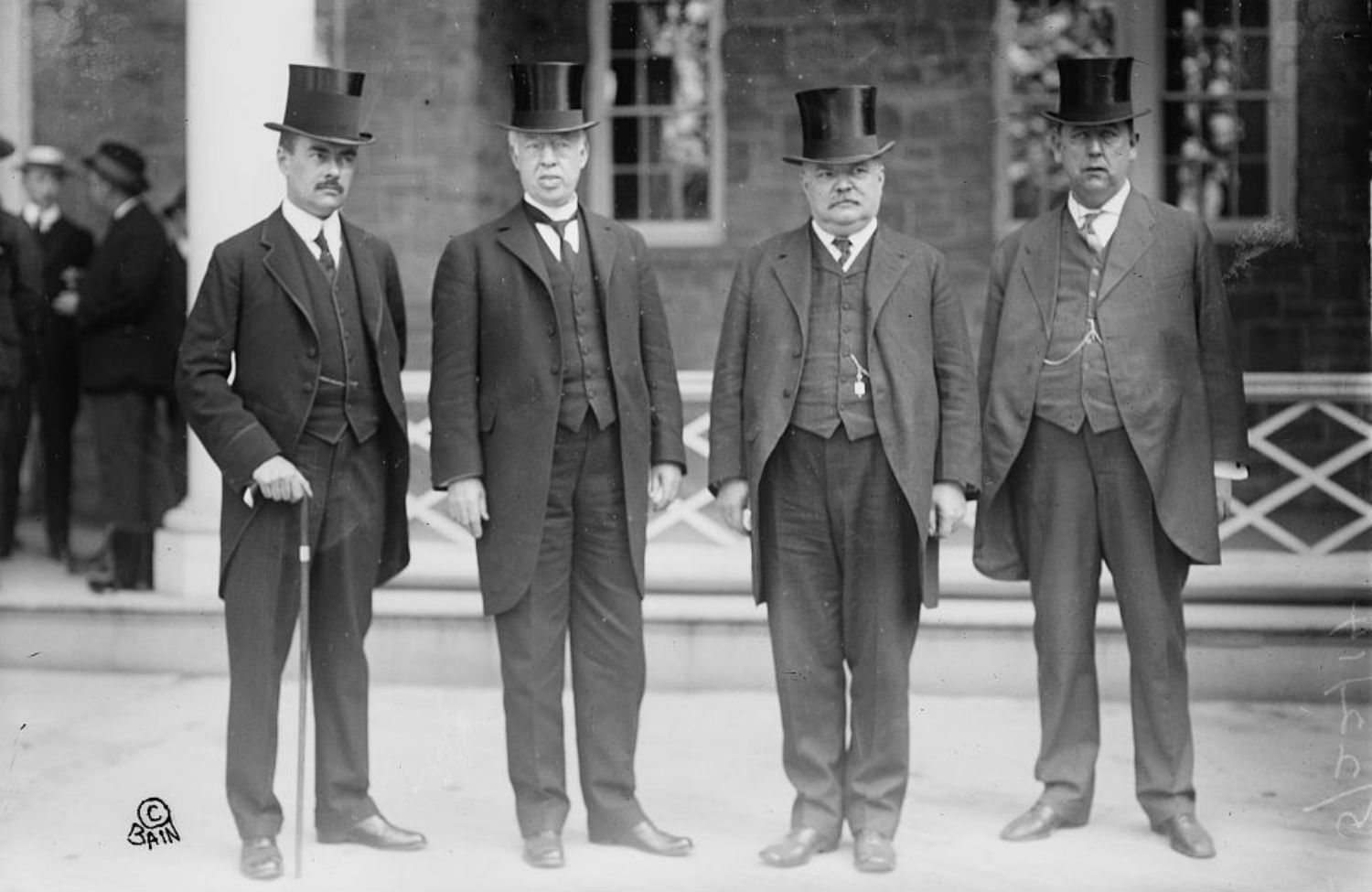
Great War: The Climate of June 1914 Great War: The Climate of June 1914
The first modern war created the modern Nation.
Jun 16, 2014 / Books & the Arts / Richard Kreitner

The Bergdahl Saga as a Window Into Journalistic Transparency The Bergdahl Saga as a Window Into Journalistic Transparency
Eric on this week's concerts and Reed on the Bergdahl scandal.
Jun 11, 2014 / Books & the Arts / Eric Alterman and Reed Richardson
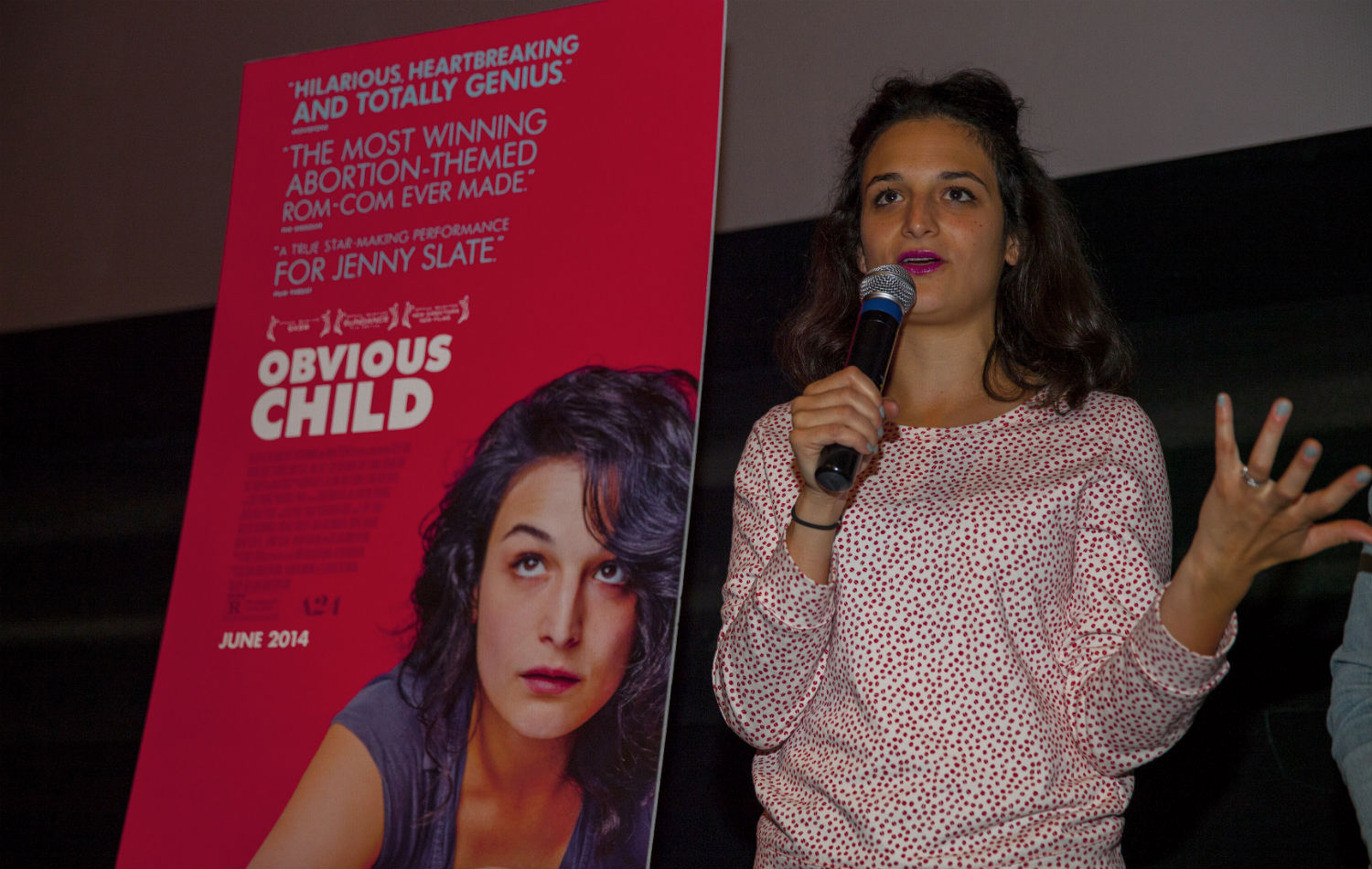
‘Obvious Child,’ the Abortion Comedy, Isn’t a Great Film, but It’s a Revelation ‘Obvious Child,’ the Abortion Comedy, Isn’t a Great Film, but It’s a Revelation
Nearly a third of American women will have an abortion at some point in their lives, but it’s an experience we almost never see on film.
Jun 5, 2014 / Books & the Arts / Michelle Goldberg
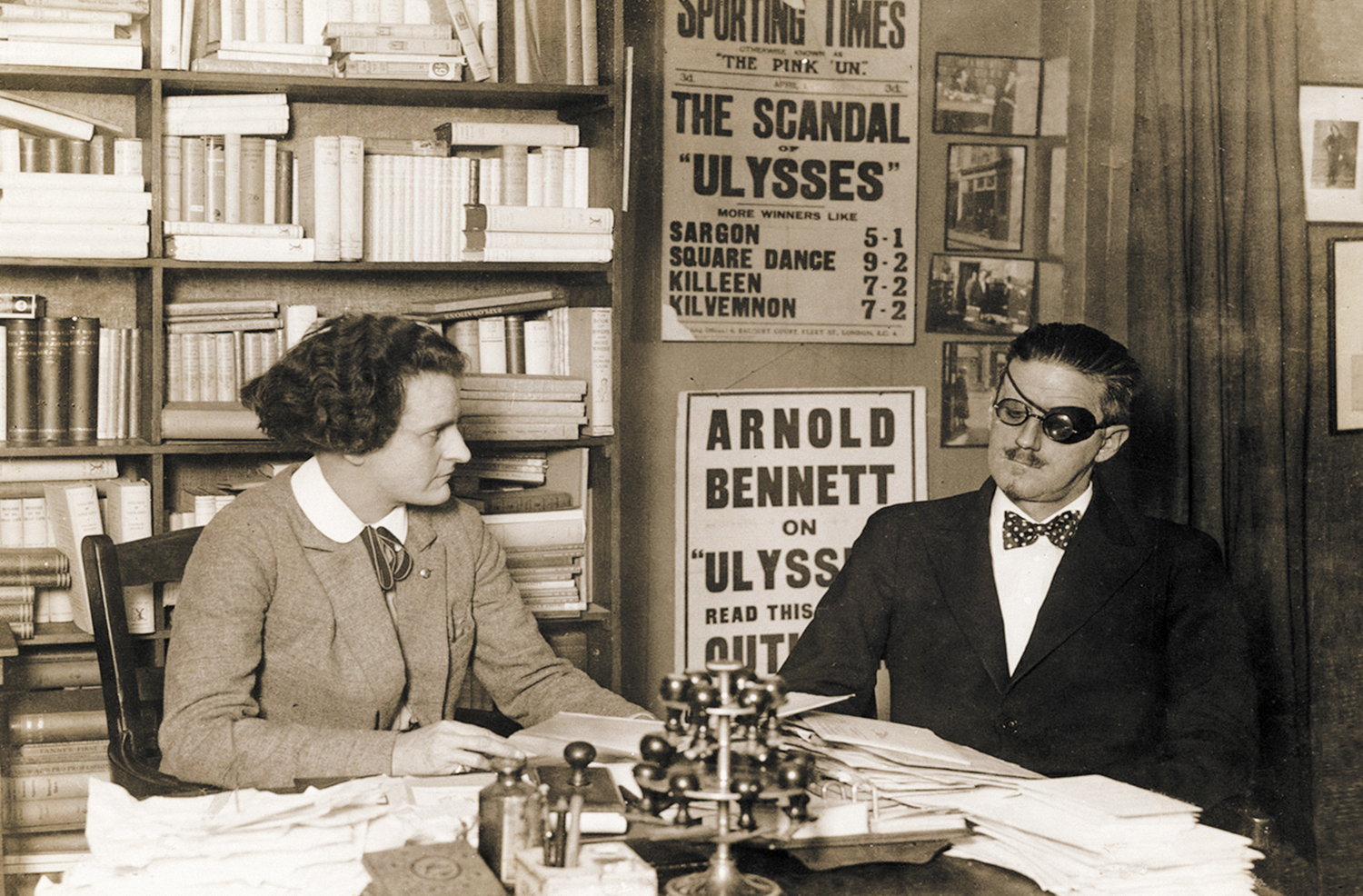
James Joyce’s Untamable Power James Joyce’s Untamable Power
Censors thought it dirty and rebellious, but what makes Ulysses radical is its dramatization of the unending conflict between good and evil.
Jun 3, 2014 / Books & the Arts / James Longenbach

Free to Choose? Free to Choose?
How Americans have become tyrannized by the culture’s overinvestment in choice.
Jun 3, 2014 / Books & the Arts / Sophia Rosenfeld
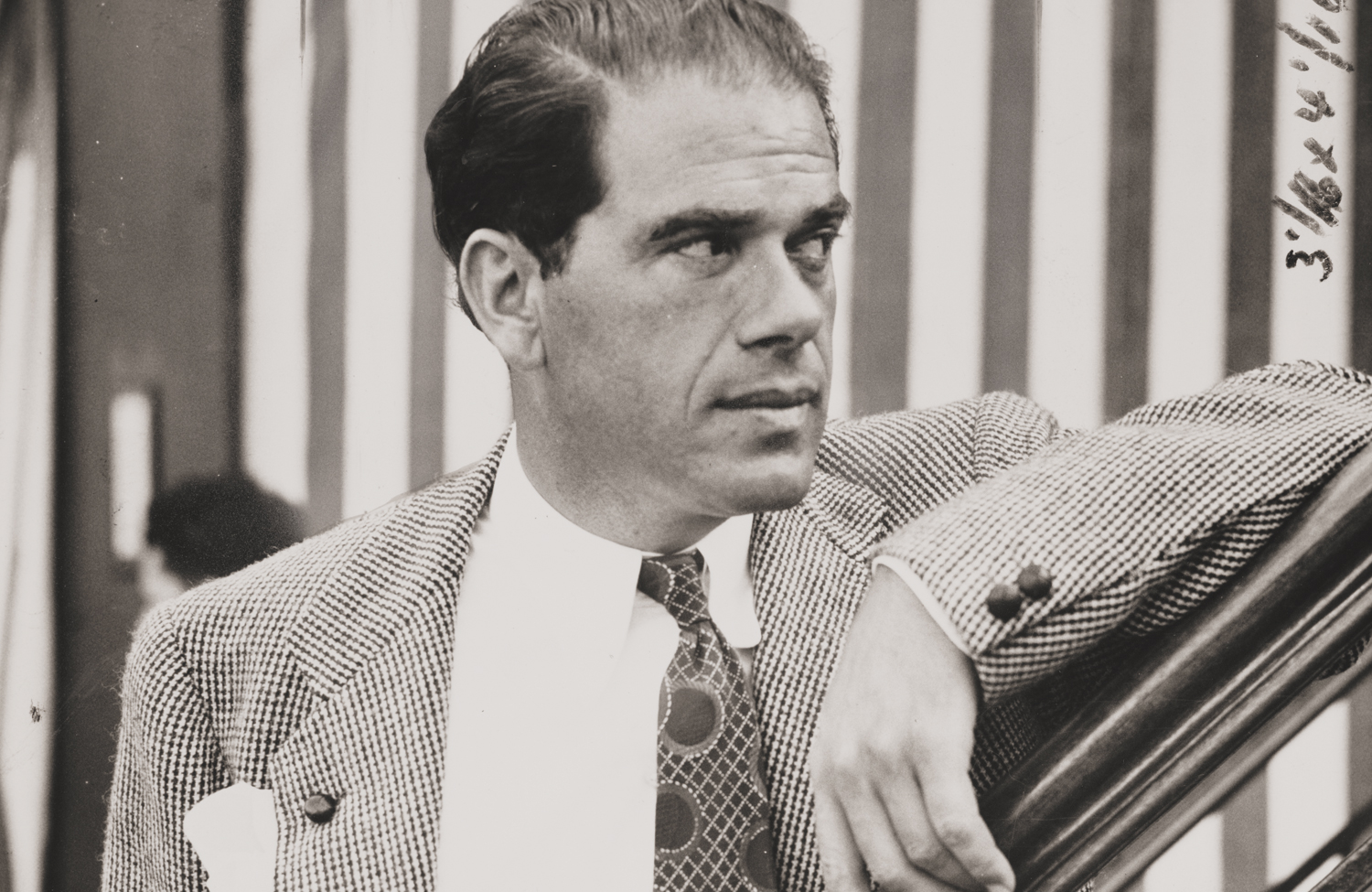
The Best Years of Their Lives The Best Years of Their Lives
Why World War II offered Hollywood directors an escape into reality.
Jun 3, 2014 / Books & the Arts / Noah Isenberg
